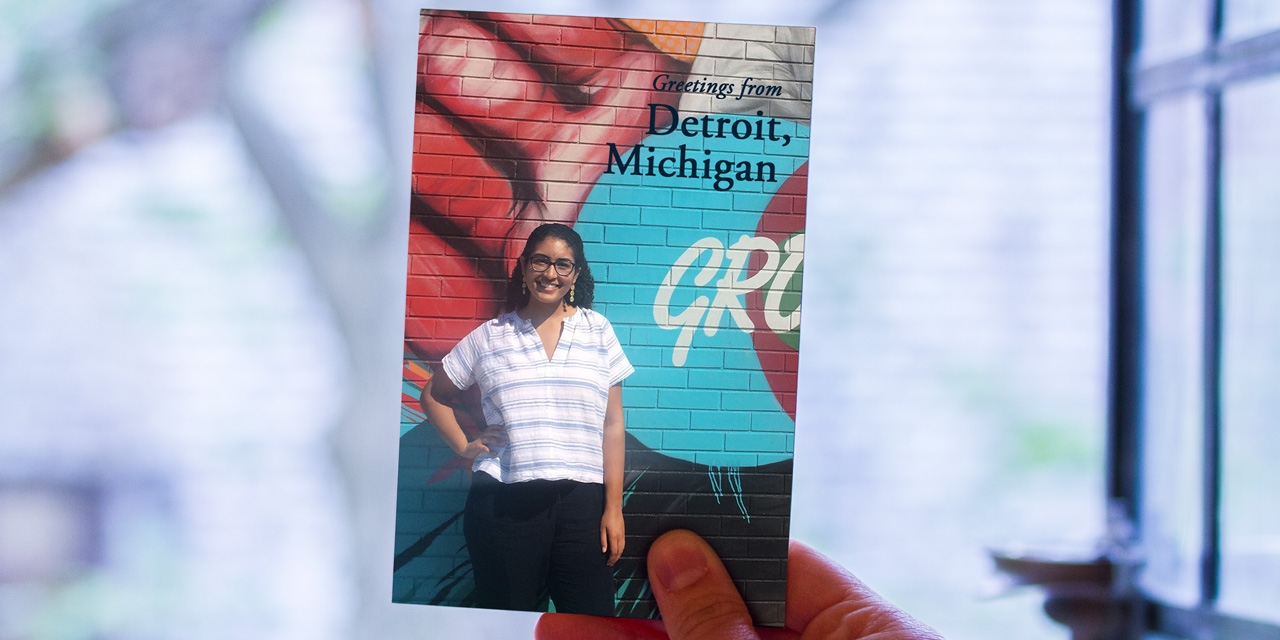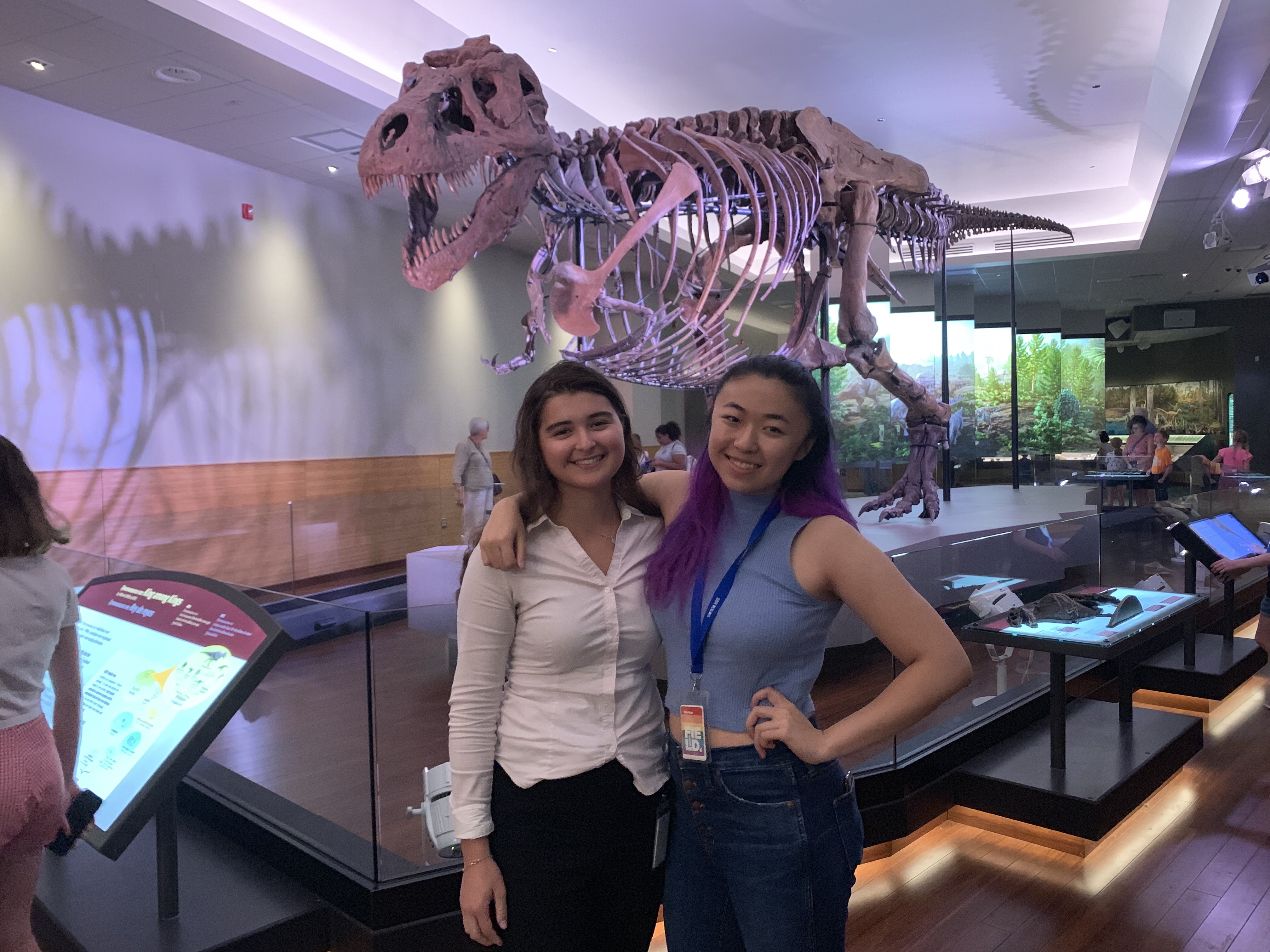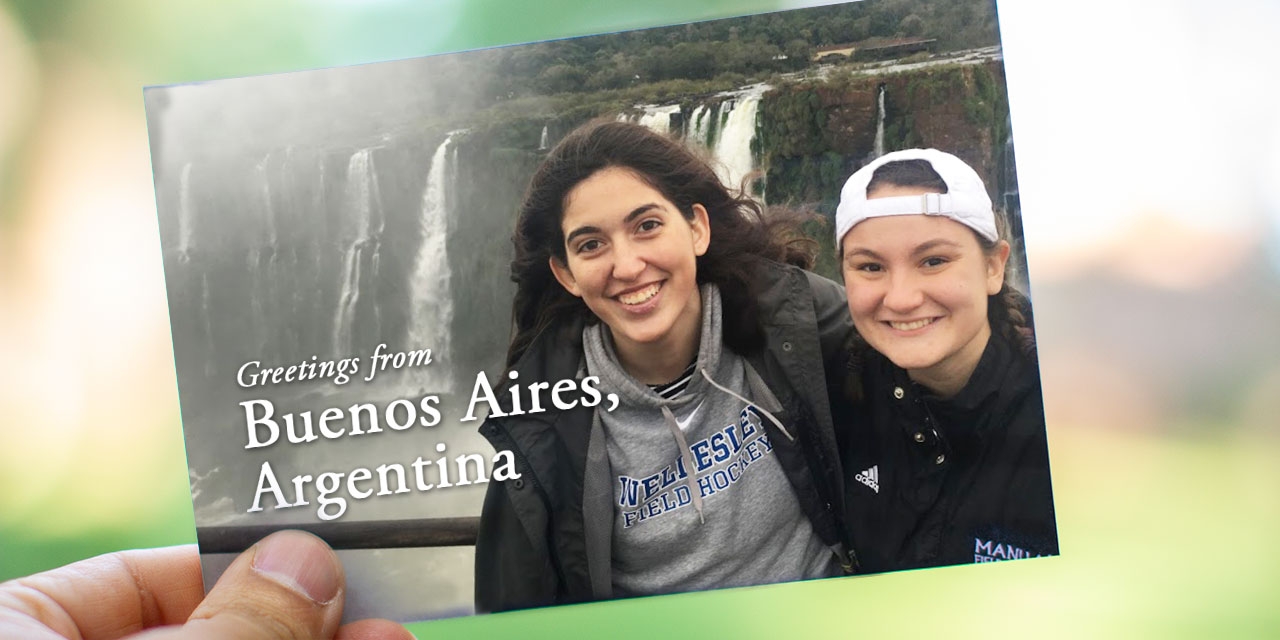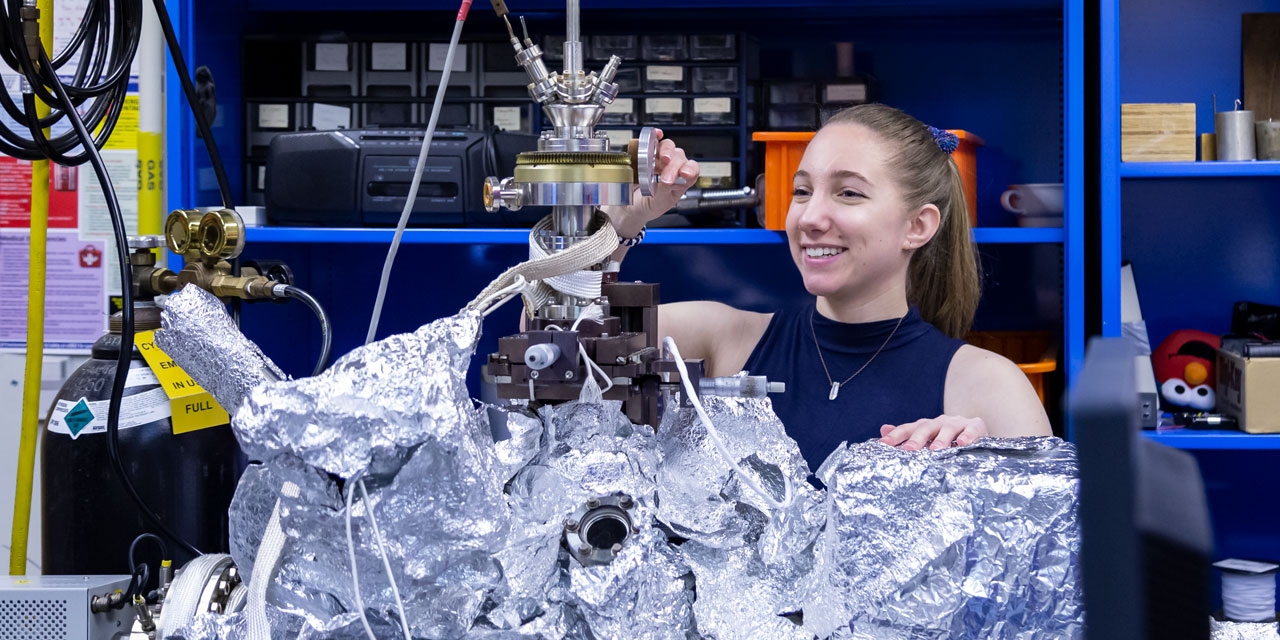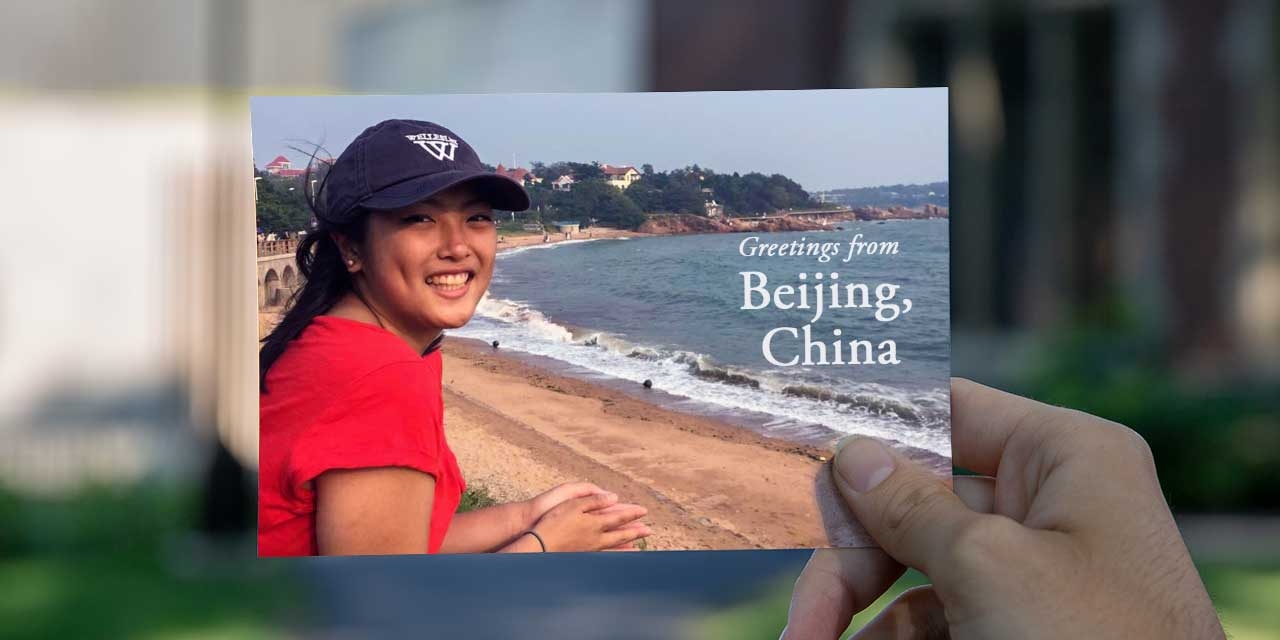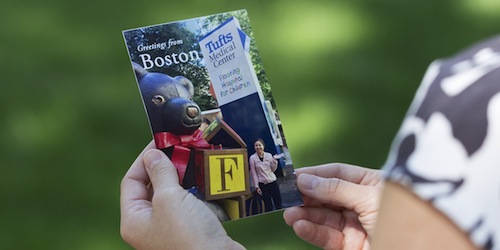“I’ve learned that at its core, medicine is all about creating an environment where relationships can be fostered and grown.”
“Detroit has opened my eyes to the role of the built environment in creating a sense of place for its inhabitants.”
“Working on multiple ongoing projects has pushed us to become adaptive, composed professionals.”
“A typical day at the office consists of research and report-writing on topics such as public access to information, governmental corruption and financial crimes, and Argentinian geopolitical relations.”
“I previously had dreams to be an author, but found myself called by the combination of logic, mystery, and truth in science.”
Finance, Accounting, and Insurance
A career in Finance can mean many different things, depending on what type of work you’re interested in or what specific subsect you want to explore. Within Finance, you can work in the financial department of an organization (governmental, nonprofit or for-profit) or you can work at a company that provides financial services to individuals, groups, institutions and/or organizations.
Assess Yourself: What Are You Bringing on Your Career Journey?

Where do you begin when you don’t know where to begin with your career path? What are new opportunities you could explore once you find a field that fascinates you? How do you prioritize which experiences to pursue when there are a few, several, or many options that interest you?
20+ Questions to Jump-start Your Career Exploration

In this resource, you will find questions meant to prompt your career exploration. Take time to reflect on each question as a strong understanding of oneself will be essential in order to effectively navigate the twists and turns of your unique career path. Get to know your values, personality type, strengths and interests. These all deeply inform your satisfaction with career choice.
“As an intern with the ABC Beijing bureau, I find myself assigned to a variety of tasks, but much of it is helping to research stories, and I’ve even had chance to write a story of my own!”
How to Apply for Signature Internship Programs
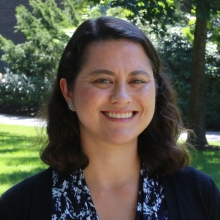
We want all internship applicants to feel prepared and confident. Learn about application requirements and how to prepare your materials.
“I’ve definitely created new roots beyond reconnecting to my Asian heritage, and I hope that I’m one step closer to being a true citizen of the world.”
Science Research

Participating in research experiences as an undergraduate is an excellent way to add depth to your science understanding and actively engage with what you are learning in the classroom. By doing so, you further develop your laboratory, analytical, and problem-solving skills, and you start to build your network with faculty members. Research experiences are valuable components to your resume, and they can make you more competitive for both graduate school and industry opportunities.
Job Shadowing

What better way to learn about a particular career path, industry, company, or role than experiencing it yourself? If you want to learn more about a specific path before committing to an internship or job, consider “shadowing” an individual who currently works in the field as a way to experience a typical workday in that career.
How to Use a Career Fair as an Exploration Opportunity

Career fairs are a great opportunity to explore and learn more about professional paths and opportunities and to practice networking. By attending a career fair, you’re able to speak with representatives from multiple organizations during one event. In your conversations, you will be able to learn about each organization — its values, work culture...etc. — and the types of opportunities they typically hire for.
Informational Interviews

Informational interviews are a common way to gather information about various careers by speaking with professionals in the field. Through informational interviews, your can explore career paths and job opportunities, as well as gain advice and insight into career industries and companies.
“Medicine is about studying how life works, but the practice of medicine is also learning about life through other people. I have appreciated the opportunity to experience both this summer.”
How to Conduct Career Research

Regardless of where you are in your career — whether you are unsure where to begin or you are preparing for a final round interview — conducting research can help you learn more about and prepare for potential career opportunities. There are many ways to gather information when you’re in the beginning stages of exploring your options, including career research and networking. In this resource, you’ll find ideas and general resources to get started.
Leverage Your Experience Abroad
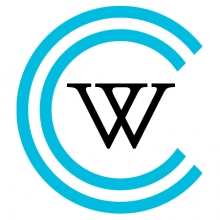
Co-authored by Wellesley Career Education and the Wellesley Office of International Study.
This resource provides tips to help you leverage your study abroad experience upon your return.
Maximize Your Experience Abroad

This resource was co-authored by Wellesley Career Education and the Wellesley Office of International Study.
Learn how to maximize your study abroad experience by connecting to the Wellesley network, exploring beyond the classroom, and reflecting on your experience.
Thinking of Study Abroad?

This resource was co-authored by Wellesley Career Education and the Wellesley Office of International Study.
While it is easy to see the academic benefits of study abroad, it is also important to identify its career benefits. The National Association of Colleges and Employers (NACE) has a list of competencies that contribute to the career readiness of today’s college graduates. Global/intercultural fluency was one of the marketable competencies on the list. Furthermore, in a NACE survey, employers identified their top four competencies: critical thinking/problem solving, professionalism/work ethic, teamwork, and communications skills. The great news is that you could develop all of these skills as part of your study abroad experience.




